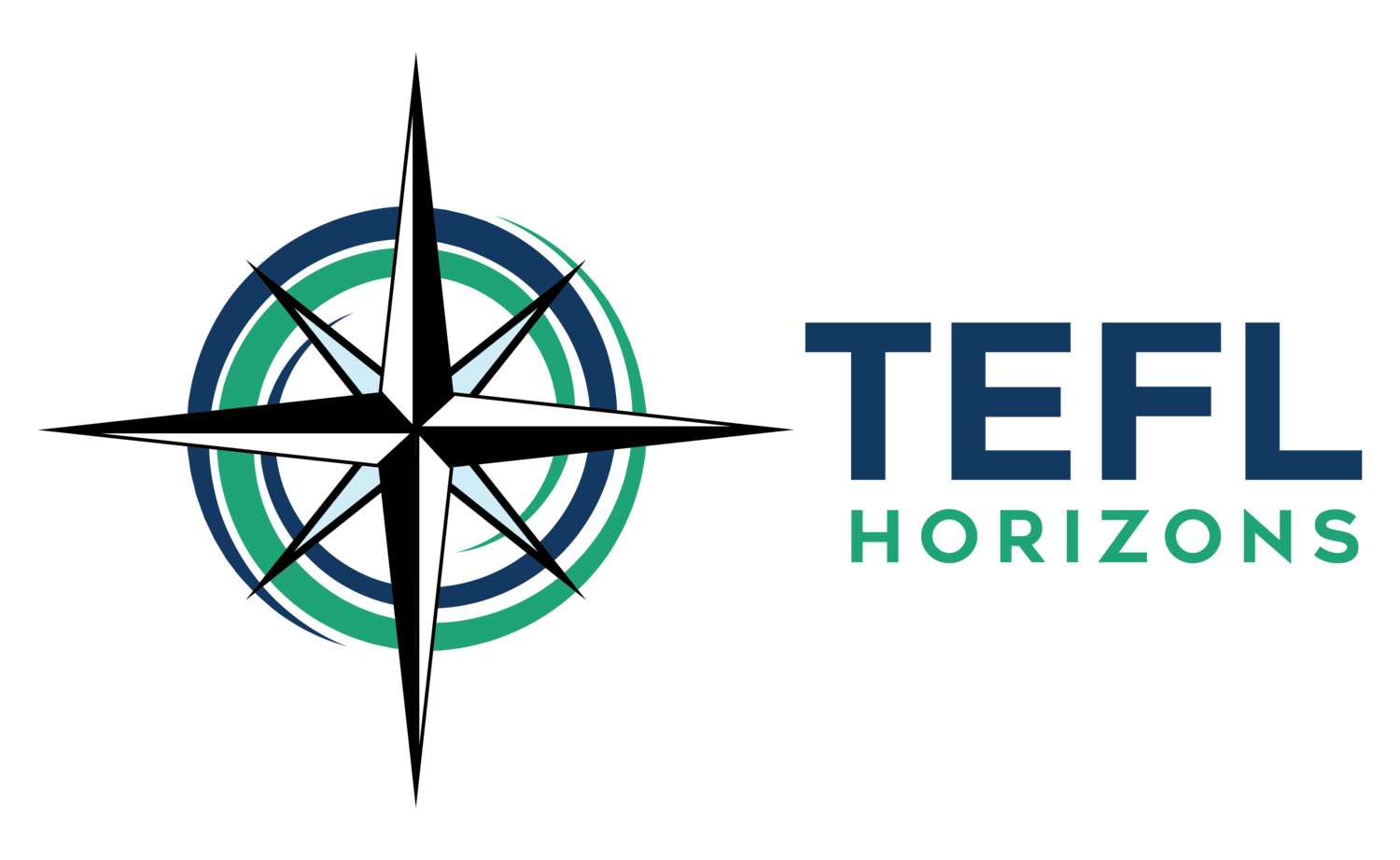Interview with Lorenzo Sclocco: Course Planning and Curriculum Design
Show Notes
Lorenzo Sclocco is an ESL teacher and education specialist based in Toronto, Canada. He has been teaching English (General English, EAP, Business English and Exam Classes) at language schools, universities, and colleges since 2009. He also teaches Italian and German.
As a language learner himself, he knows the difficulties that students encounter when learning other languages. Therefore, he uses a communicative and task-based approach in his classes.
In 2018, Lorenzo was the recipient of the “Excellence in Teaching Award” at the University of Toronto, School of Continuing Studies. He considers himself a life-long learner and he is passionate about anything that has to do with languages and pedagogy. He is particularly interested in curriculum development and syllabus design.
When not teaching, Lorenzo can be found going for a stroll in High Park (a very famous park in Toronto) and eating cookies – his addiction!
In this episode, Lorenzo joins me to share essential strategies for course planning and syllabus design. If you’re curious about the elements of an effective course syllabus or are looking for guidance on designing a whole course as opposed to an individual lesson, this is the episode for you!
““First of all, you have to know the students. That’s the basis of your work.” ”
In this Episode
Lorenzo's background – how he got started in the ELT field
His experience on the DELTA course
How planning an individual lesson compares to planning a whole course
How to plan a course when you're given the material and a time frame – but no other guidance
How to assess students' needs and figure out what they want to learn
Why you shouldn't just follow the book to the letter
How to choose which activities in a book to use and which to cut
The real reason you should be doing ice breakers
Repurposing activities: getting the most out of the material you already have instead of spending hours sourcing stuff from all over the internet!
An example of repurposing material to provide scaffolding for different levels
What you can get from listening to your students
What a "learner persona" is
Where to start as a freelance teacher designing a course (without help from a language school)
How to use "backwards design" to plan a course
How to determine outcomes and objectives for your course
Why material should actually be the last thing you think about when planning a course instead of the first
Why there needs to be a rationale behind what you're doing in each lesson
What else is needed to make a course effective
Bloom's Taxonomy and how this fits into course planning
Why "students will be able to understand…" isn't a useful objective
Formative vs. summative assessment
Why it may be helpful to let students resubmit assignments as part of the assessment process
Ideas for giving constructive feedback
Ideas for formative assessment and measuring students' progress throughout the course
Using messaging boards in online courses as a way to measure students' progress
The importance of having a presence in online courses
Why students need to be aware of assessment rubrics for the course
Getting students' input on the course criteria
Giving the students a sample of work to analyze to help them understand what they should produce
What to do when your course doesn't achieve its objectives
Why nothing is perfect – course creation is a trial and error process
Why pushing too hard leaves students behind
The flipped classroom approach
Why assessment is also about you, not just the students
What a Learning Management System (LMS) is and why you may want to use one
The Learning Management Systems Lorenzo recommends
Using an LMS to give the students extra practice opportunities
Planning a course for one to one students
Creating all the lessons for a week around a single topic
Why even one to one courses need cohesion
Why really knowing how to teach is more important than anything else – no matter how many games you use, how much technology you incorporate…. if you can't demonstrate real skills, you will not retain students
Different methods and approaches to course planning
Course design resources Lorenzo recommends:
-Syllabus Design by David Nunan
-Curriculum Development in Language Teaching by Richards
Why networking with other teachers can help confirm what you know and build your confidence
Common mistakes to avoid when course planning
Why we should encourage student agency
Why you shouldn't repeat the homework material in class if students don't do it
Using positive language when giving feedback – even when it's constructive

